A Preface to Theology
W. Clark Gilpin
October 7, 2025
I published A Preface to Theology (University of Chicago Press) in 1996, seeking to identify and analyze the central task of American Protestant theology from the 1720s to the 1960s. When I reopen a book published thirty years ago, what do I experience? In part, it is a personal dialogue; how have my interests, teaching, and research shifted since 1996? More broadly, how have religions in American society evolved and raised fresh challenges to interpret the contemporary public role of theology? What major personal, social, and social issues persist in the contemporary United States, and what dimensions of my original argument today require reconsideration or reformulation?
I kidnapped my title from the prominent journalist and political author Walter Lippmann, who wrote A Preface to Morals in 1929. In both Lippmann’s book and my own, our prefaces declared the rationale for the authors’ goals in writing. Lippmann vividly described the pluralistic “complex of loyalties” that had fragmented both American society and individual lives within it. “In the modern world institutions are more or less independent, each serving its own proximate purpose, and our culture is really a collection of separate interests each sovereign within its own realm.” This institutional separation had “its counterpart in a separation of selves,” and the modern person is “not so much the history of a single soul; it is rather a play of many characters within a single body.” Lippmann asserted that ethical codes could not lay claim to “unhesitating obedience when they are based on the opinions of a majority” or arise from “estimates of what is socially useful” at a particular moment.” Moral decisions became “the outcome of human and therefore quite fallible decisions.” Consequently, religions offered “so many faiths, so many loyalties,” that at last “none seemed wholly inevitable and fixed in the order of the universe. The existence of many churches in one community weakens the foundation of all of them” (Lippmann, 49, 76, 112-13). Lippmann’s Preface to Morals identified this pluralistic fragmentation of self and society as the central challenge of American life.
Following Lippmann’s cue, A Preface to Theology similarly identified this “complex of loyalties” as a pivotal, unresolved issue in American Protestant theology. The book opened with an overview of Protestant thought from the 1720s to the 1820s. American theologians had assessed the ways in which inherited European patterns of theological study had presupposed states in which nation, school, and church were organically coordinate elements of a single whole. These national narratives confronted an evolving American experience of the separation of church and state, voluntary religious affiliation, and the manifold complexities of an evolving secular culture. Generations of theologians thus sought for a “common experience” that proposed a synthetic coherence of nation, school, and church Although narrated chronologically, the principal organization of the book was thematic: assessing the interpretive role of theology in American national culture (1830-1880), making a case for theology in the modern research university (1880-1930), and portraying theological scholarship as the intellectual center of the church’s life (1930-1960), offering alternative interpretations of the different relationships among these three publics, envisioning a cohesive civil society.
Events have exacerbated Lippmann’s critique: “our culture is really a collection of separate interests each sovereign within its own realm.” In varied, frequently contested forms, theologians have historically sought to transcend these separate interests and envision a public theology that would articulate a common experience, and Lippmann sought “an imaginative conception of the good at which it might, and, if it is to flourish, at which it must aim” (322). Not an American theology but an American method for doing theology arose from the need to offer comprehensive theological interpretation to a religious and social life indelibly marked by religious diversity (Lippmann, 112, 149, 322).
Hence, appraising the purpose of theological scholars in our contemporary context involves the creation of symbols that currently navigate in a polarized world and point toward a theology of the human community. Reviewing the concluding chapter of A Preface to Theology, I am struck by its frequent references to the public intellectual and public theology. Historically, such notions had been presupposed in the vocations for not only theological educators but also educators throughout the humanities, social sciences, and professional schools. These terms are greatly diminished in contemporary scholarship and journalism, but reinvention of these public responsibilities must propel the academy beyond largely independent scientific disciplines to fashion vigorous interdisciplinary dialogues both with other scholars and the wider public.
If I were to revise the book, this dialogical vocation of public theology would require more extensive consideration throughout every chapter. First, this dialogue would directly engage scholars who study the increasingly diverse religions represented in the United States. The call for public dialogue would honor distinctive religious communities and appeal for a more inclusive community of religious interpreters. This challenge seeks to build an interactive study of world religions, generating new interpretive models that can no longer rely on earlier presuppositions of a “common experience.”
Second, religious studies represent an indispensable interdisciplinary dialogue that articulates imaginative conceptions of the public good oriented toward the public realm—reinvigorating the “public intellectual.” Initially, the goal of A Preface to Theology was inspired by Henry David Thoreau’s Walden, in which he recounted the experience of being lost in the night woods. Not until Thoreau was “completely lost, or turned round” did he appreciate “the vastness and strangeness of nature.” Not until we have “lost the world” do persons and societies “begin to find ourselves, and realize where we are and the infinite extent of our relations.” Thoreau’s parable invites a form of theological inquiry that proceeds from critical appraisal of “where we are” and entails imaginative reflection on “the infinite extent of our relations” (Gilpin, xxiv-xxv).

